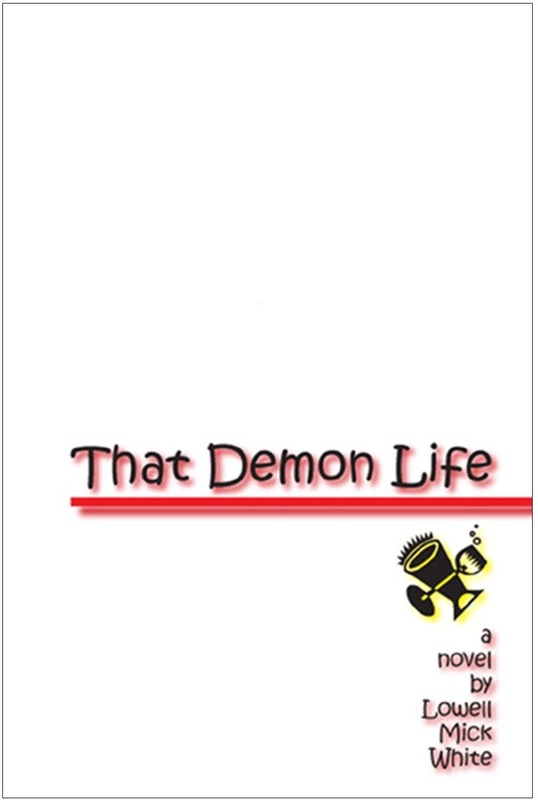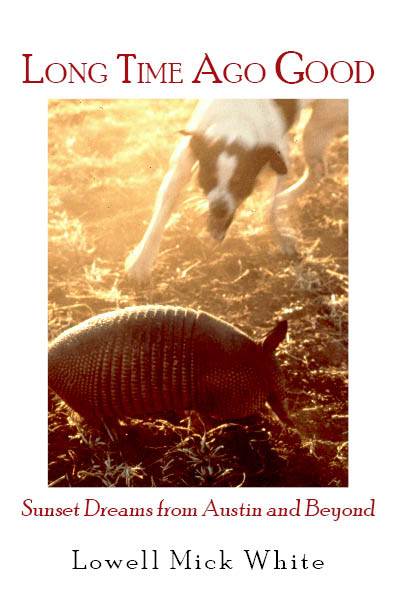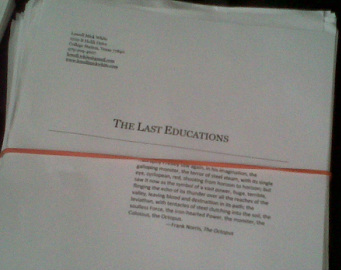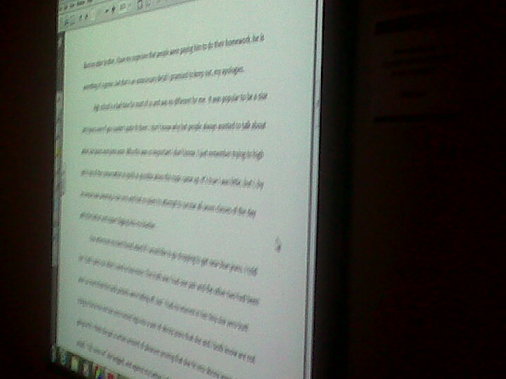 Putting it together....
Putting it together.... The title of he new book is Professed, and it's a comic novel set at a large university in Austin. It will be published by Slough Press, and come out sometime or other--probably in the fall....
In the meantime, check out my other books. I've got an oeuvre going on.








 RSS Feed
RSS Feed